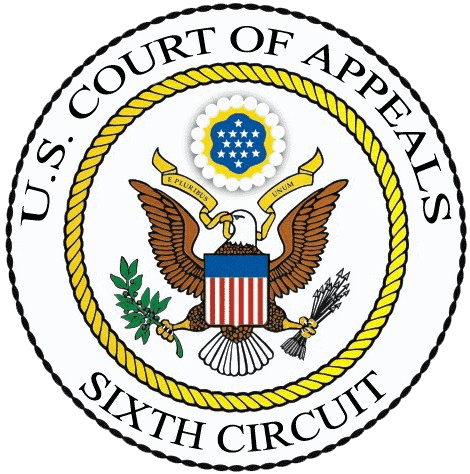Originally published on Forbes.com.
The appeal of the Tax Court decision in the case of country music star Joy Ford went pretty quickly as these things go. The opinion of Judge Foley was released on January 25, 2018 and the Sixth Circuit filed its opinion on November 15, 2018. That’s pretty fast work.
Neither decision was good news for Ms. Ford. At issue in the Tax Court were losses from operation of her country music venue, Bell Cove, totaling over $200,000 in the years 2012, 2013 and 2014 and net operating losses totaling over $100,000 in 2012 and 2013. The Sixth Circuit recovered that ground, but also addressed concerns about what had gone on in Tax Court. The net operating losses were disallowed on grounds of substantiation. The Bell Cove losses were disallowed under Code Section 183 – Activities not engaged for profit, commonly called the hobby loss rules.
The Tax Court Rules On Hobby Loss
The Tax Court gave the losses short shrift.
In short, petitioner did not have the requisite intent to make a profit and thus may not deduct the losses in dispute. She had no expertise in club ownership, maintained inadequate records, disregarded expert business advice, nonchalantly accepted Bell Cove’s perpetual losses, and made no attempt to reduce expenses, increase revenue, or improve Bell Cove’s overall performance. Owning Bell Cove elevated petitioner’s status in the country music community, allowed her to further the careers of young performers, offered her weekly opportunities to interact with country music fans, and satiated her love for promoting country music. Petitioner earnestly devoted time and energy to Bell Cove but was primarily motivated by personal pleasure, not profit, and simply used the club’s losses to offset her trust and capital gain income.
Lew Taishoff characterized the Tax Court decision this way.
Judge Foley eschews factors, “somber reasoning and copious citation of precedent” and the usual laborious trudge through Reg. 1.183-2 (which Judge Posner characterized as “goofy”)































































































